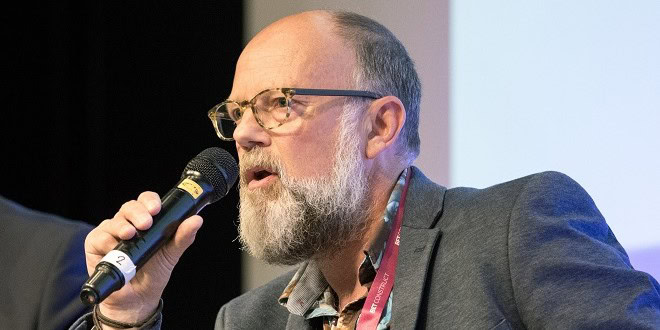GambleAware releases data related to research about female problem gamblers

Research into female gambling habits by UK charity GambleAware has revealed that BAME women are more likely to be classed as ‘high-risk’.
The report was published on Wednesday and used data which was collected by YouGov, with over 6,000 women surveyed in the space of three weeks.
Women from working-class backgrounds were more likely to gamble than those who were ‘middle-class’ or higher.
Female problem gamblers were also likelier to avoid getting help because of embarrassment and to avoid others finding out about their issues.
BAME women over-represented in problem gambling statistics
The research was conducted in autumn 2019 and surveyed 6,190 women and 5,971 men throughout the UK. It follows on from GambleAware’s recent findings on the protection that bank accounts in the country offered players, which was carried out on behalf of them by the University of Bristol
Individuals’ vulnerability to gambling-related harm was assessed based on the Problem Gambling Severity Index (PGSI).
The PGSI determines that those scoring 0 don’t have any gambling-related problems. 1-2 equals low-risk, with 3-7 being moderate and 8+ deemed as high-risk.
1.9% of women in the report scored 8+ in the PGSI, compared to 3.6% of men.
The percentage of BAME women who said they were non-gamblers was 52%, compared to 41% of all women surveyed. But 16% of females from a minority background were ranked at 1 or higher on the PGSI, compared to 10% overall, and 5% had a score of 8+ compared to 2% of all women.
Women at a lower end of the socioeconomic spectrum were less likely to describe themselves as non-gamblers, with 39% doing so compared to 44% of middle-class or higher women. 11% of those from the first group were likely to score 8+ on the PGSI, compared to 9% of those with more money.
“An important first step” in understanding how gambling-related harm affects women
The report revealed that women who were problem gamblers were more likely to avoid seeking help for their habits due to embarrassment. 39% of individuals in this category said that, compared to 22% of male problem gamblers.
GambleAware CEO Marc Etches commented on the report’s revelations and had the following to say.
“This research indicates that women, particularly in the capacity as an affected other, experience gambling harms in different ways to men and this report is an important first step in understanding those differences.
“This research was commissioned to help treatment providers, such as those operating via the National Gambling Treatment Service, address any barriers people may face when it comes to accessing help and support for their gambling and it is essential that services are flexible and meet the needs of individuals.”






